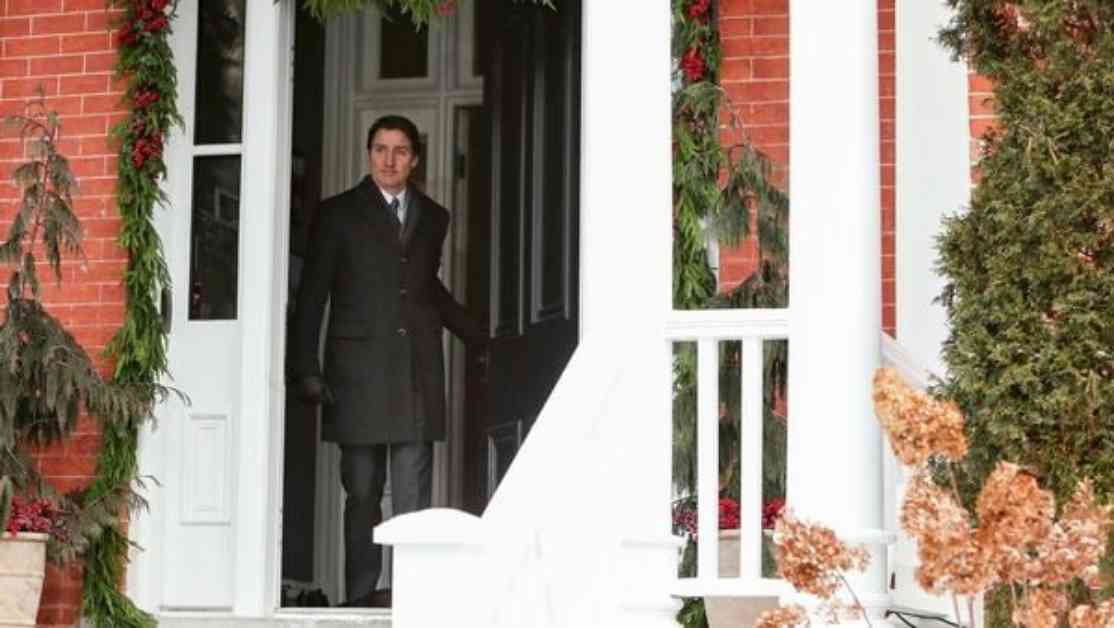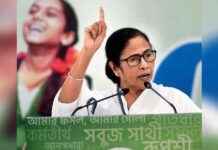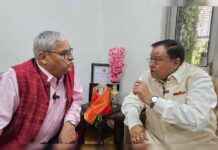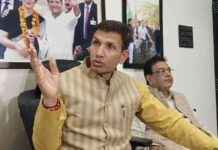Trudeau’s Resignation: A Turning Point for India-Canada Relations
Justin Trudeau, the prime minister of Canada and leader of the Liberal Party, shocked the world with his resignation announcement on Monday. As Canada faces a period of uncertainty and transition, questions arise about the impact of this development on India-Canada relations. Let’s dive into the implications and potential outcomes of Trudeau’s departure.
What Next for Canada?
With Canada’s Parliament prorogued until March, the opposition’s efforts to bring a no-confidence motion against Trudeau’s government have hit a roadblock. The Liberals are currently 17 members short of the 338 needed for a no-confidence vote. The process of electing a new leader for the Liberal Party is crucial, as any incumbent will face the challenge of securing parliamentary support in a confidence motion. The possibility of a federal election looms if the government loses this crucial vote.
Why Were India-Canada Relations Strained Under Trudeau?
The relationship between India and Canada faced significant strain last year following the controversial killing of Sikh separatist Hardeep Singh Nijjar in British Columbia. Trudeau’s handling of the situation exacerbated tensions, as Canada accused Indian agents of involvement in Nijjar’s death, a claim vehemently denied by India. The incident highlighted Trudeau’s efforts to court the Sikh diaspora in Canada, a move that backfired and soured diplomatic ties between the two countries.
Who Could Lead the Liberal Party?
Trudeau’s departure leaves a leadership vacuum within the Liberal Party, with prominent figures like Chrystia Freeland, Anita Anand, and Mark Carney emerging as potential successors. However, the Conservative Party and its leader, Pierre Poilievre, have been gaining popularity, posing a significant challenge to the Liberals. The choice of a new leader will shape the future of Canadian politics and its global standing.
Implications for India-Canada Relations
As Canada transitions to new leadership, India closely monitors the developments and potential shifts in policy. While Trudeau’s confrontational approach towards India raised concerns, the entry of a new leader offers an opportunity for recalibration. However, the rise of populist politics in Canada, particularly with the Conservative Party’s ascent, could pose challenges for bilateral relations. India must navigate this changing landscape with caution and adapt its diplomatic strategies accordingly.
In conclusion, Trudeau’s resignation marks a critical juncture for both Canada and its international partners. The decisions made in the coming months will not only shape the future of Canadian politics but also influence global dynamics, including India-Canada relations. As the world watches, the stakes are high, and the outcomes remain uncertain.
*As a personal touch, imagine sitting down with a cup of coffee and discussing the implications of Trudeau’s resignation on global politics with a friend. How would you explain the intricacies of leadership transitions and diplomatic challenges in a casual, relatable manner? Share your thoughts and insights on the evolving landscape of international relations in light of these significant developments.*


























